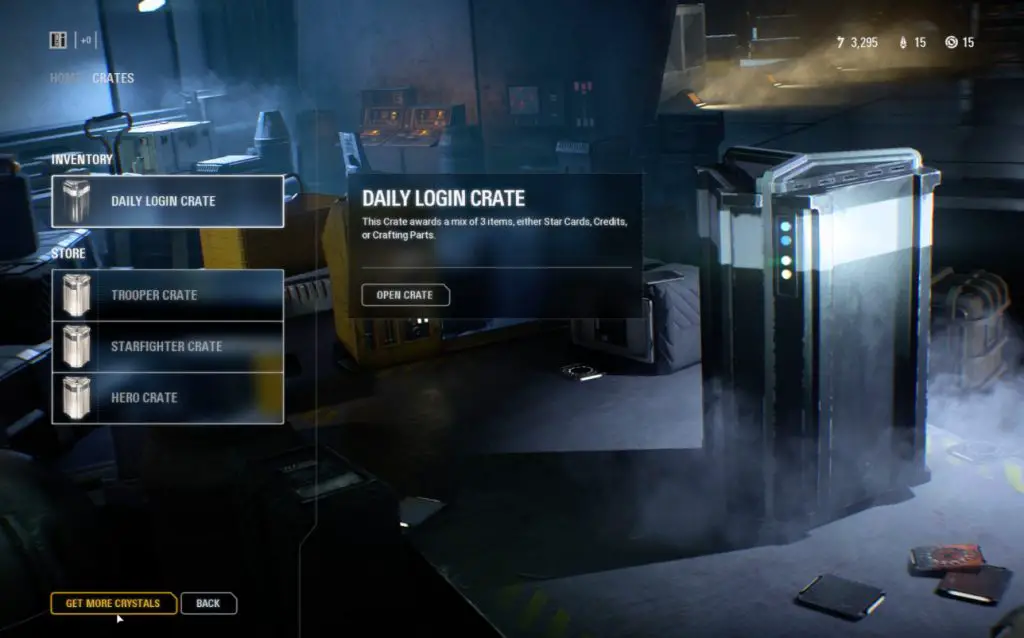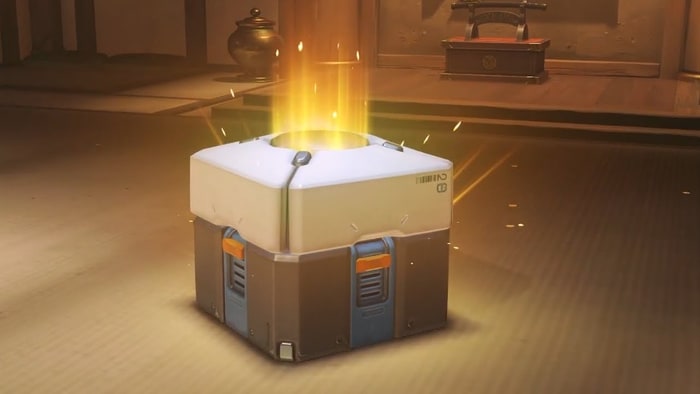It’s rocky days for loot boxes, a controversial staple of the modern gaming industry. Loot boxes are a type of microtransaction, a revenue stream mostly used in video games whereby consumers spend real money for items or upgrades in the virtual world.
Loot boxes distinguish themselves from other forms of microtransactions by adding an element of randomness. When consumers purchase a loot box, they get a randomly selected item from a range of available options, rather than a single chosen item.
Microtransactions have attracted a great deal of controversy from the gaming community. When used well, microtransactions improve the gaming experience by allowing dedicated players to skip tedious grinding or add cosmetic enhancements.
Increasingly in recent years, many games have become focused around microtransactions, pressuring players into spending money through game design or intrusive advertising.
The element of randomness associated with loot boxes makes them especially open to controversy. Suppose a loot box sold for $2 contains among its possible items one cosmetic enhancement, or ‘skin,’ normally worth $10 and 99 others worth 50 cents each.
On average, a consumer would need to pay around a hundred dollars if they wanted to acquire a particular skin — and that’s assuming even odds of acquiring any item in the box. In practice, odds are often skewed against commonly desired items, leading players to spend hundreds of dollars without getting the skin they want.
Gaming companies have historically kept the odds of loot boxes a secret, leaving consumers in the dark about whether the chances of acquiring a particular skin are a hundred to one, a thousand to one or beyond.
This has begun to change. In 2017, China began requiring developers to reveal loot box odds as used in the region, and Apple did the same for games on the App Store.
2017 also marked the most severe loot box controversy to date, surrounding the release of the game “Star Wars: Battlefront II.” While loot boxes have attracted controversy in the past, they have had little impact on gameplay, containing primarily cosmetic enhancements.

The loot boxes in “Battlefront II” contain items which provide significant in-game advantages, such as elite weapons and extensive character upgrades, items which are typically rewards for players who have spent a lot of time playing and leveling up.
Other elements of “Battlefront II’s” in-game economy also attracted controversy. Fan-favorite characters like Darth Vader were locked behind paywalls, purchasable either through real-world money or in-game currency earned by playing the game for long periods of time.
As initially released, it took up to 40 hours of playtime to earn enough to purchase a single character, putting them out of reach for many casual gamers.
Electronic Arts (EA), the game studio which developed “Battlefront II,” made matters worse through an inept community response. A comment made by the EA community team on Reddit earned 671,000 plus downvotes, and spawned a meme based on the line “The intent is to provide players with a sense of pride and accomplishment for unlocking different heroes.”
As the controversy grew, EA dragged its feet on remedying the issues, initially lowering some prices before eventually removing loot boxes altogether.
After removing loot boxes, EA made a statement saying they would return after some adjustments were made. While this has not happened yet, indications are that EA is intending to reintroduce loot boxes to Battlefront II sometime within the next few months.
Depending on the regulatory climate, they might not get the chance. Governing bodies worldwide, inspired by the controversy, have begun to investigate potential methods of regulating loot boxes.
Many of these methods involve regulating loot boxes as gambling. Historically loot boxes have not been subject to gambling regulations because gambling laws were largely developed in an era before loot boxes and the virtual worlds which make them possible existed.
As a result, loot boxes do not fit the legal definition of gambling, and little conversation has been had over whether they should.
According to an article by Neil Walker, online gambling expert and editor-in-chief of the website Live Casino Comparer, this is a sign that the laws need to change. “Where there’s a game, money, and risk, that’s gambling…Loot boxes may not fit the legal definition of gambling, but this is precisely the problem. The overwhelmingly negative reaction to loot boxes shows how the definition of gambling many governments have is out of touch.”

This “overwhelmingly negative reaction,” which the “Battlefront II” controversy brought to a boiling point, has led several governments to reconsider their definition of gambling.
The Belgian Gaming Commission has already declared loot boxes to be a form of gambling; Belgium is currently planning to ban loot boxes from games sold in its country, and is encouraging the rest of Europe to do the same.
Authorities in the United Kingdom and Germany have also begun to investigate loot boxes and potential means of regulation. A statement from the U.K. Gambling Commission declared loot boxes a potential threat to children, and stated that loot boxes may face regulation whether or not they meet traditional standards for gambling.
In the United States, the Entertainment Software Rating Board (ESRB) has gone on record declaring loot boxes not to be gambling. The ESRB is a self-regulatory board for the gaming industry, which labels certain video games as appropriate for certain age groups, and imposes restrictions on how games with mature themes (such as sex, graphic violence or gambling) can be sold.
With the ESRB unwilling to regulate loot boxes, state legislators are taking action. Senators in Hawaii and Washington State have sponsored bills intended at regulating loot boxes.
Hawaii legislators have proposed two bills on the issue. Bill 2727 focuses on transparency, requiring developers to place warning labels on games with loot boxes and to openly declare their loot box odds. Bill 2686 would go even further, banning the sale of loot boxes to anyone under 21.
The Washington State bill, meanwhile, simply proposes that a study be carried out regarding whether loot boxes are harmful, whether they should be regulated and whether they should be regulated as gambling.

















